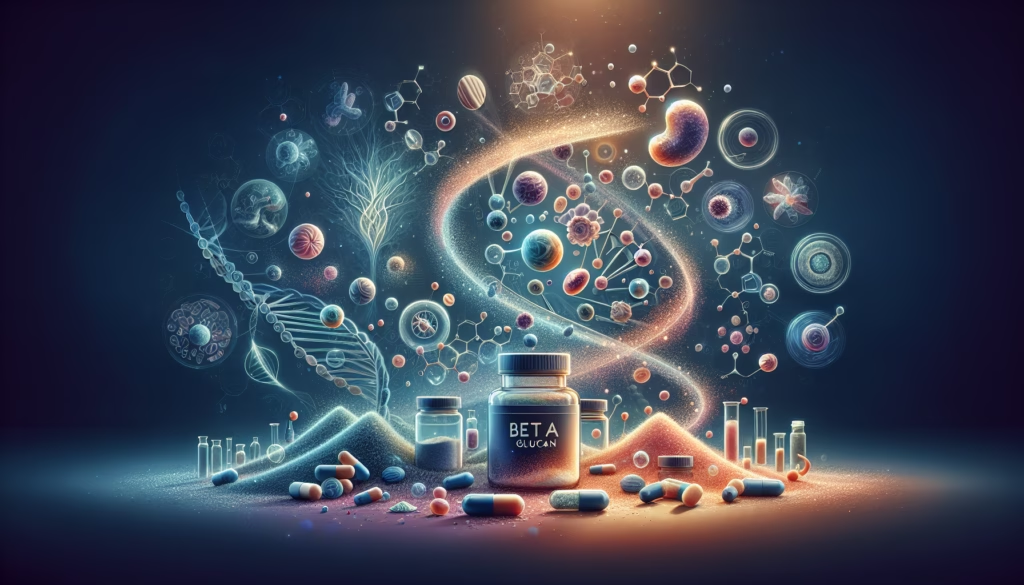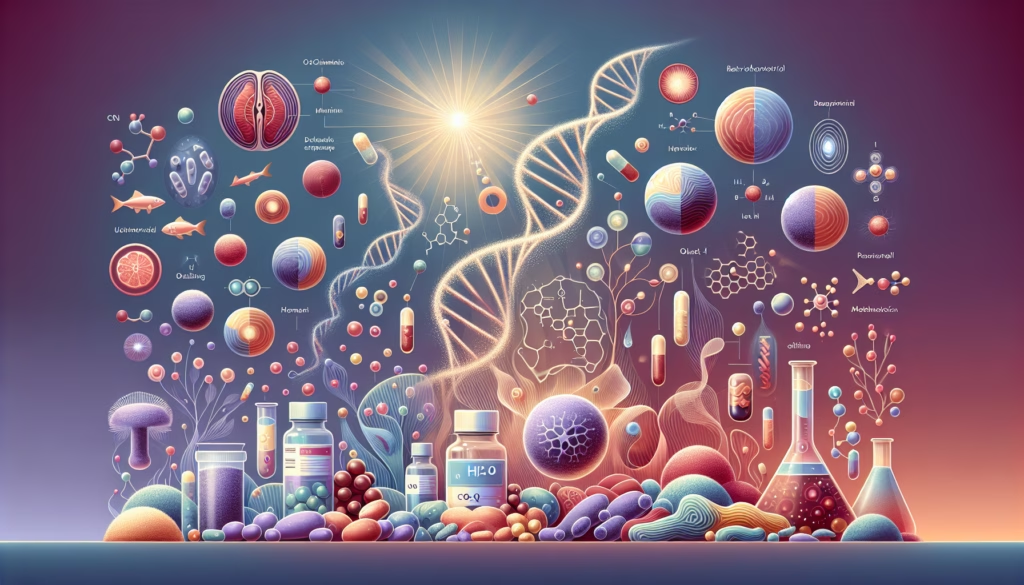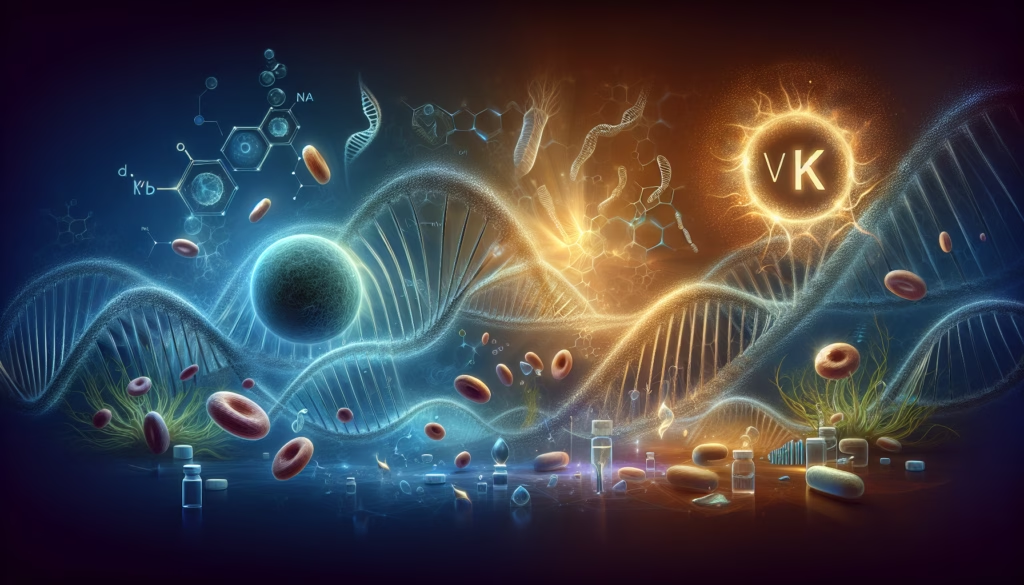
Beta Glucan
Discover the science-backed potential of beta glucan as an adjunct in cancer therapy. This post delves into the latest research
Click 
Quercetin exerts its effects through multiple mechanisms at the molecular level:
Antioxidant activity: Quercetin acts as a powerful scavenger of reactive oxygen species (ROS) and free radicals. It can directly neutralize these harmful molecules and also enhance the activity of endogenous antioxidant enzymes like superoxide dismutase and catalase.
Anti-inflammatory effects: Quercetin inhibits the production of pro-inflammatory mediators such as tumor necrosis factor-alpha (TNF-α), interleukin-1β (IL-1β), and cyclooxygenase-2 (COX-2). It also suppresses the activation of nuclear factor kappa B (NF-κB), a key transcription factor in inflammation.
Cancer-related pathways: In cancer research, quercetin has shown promise in:
Cell cycle regulation: Quercetin can arrest the cell cycle at different phases (G1, S, or G2/M), preventing the proliferation of cancer cells.
Epigenetic modulation: Emerging evidence suggests quercetin may influence gene expression through epigenetic mechanisms, such as DNA methylation and histone modifications. While these findings are promising, most evidence for quercetin’s anti-cancer activity comes from in vitro (cell culture) and in vivo (animal) studies. The translation of these effects to human clinical settings requires further investigation through well-designed clinical trials.
Regarding the metabolic theory of cancer, quercetin has been shown to influence cellular metabolism, particularly glucose uptake and mitochondrial function. However, its precise role in this context needs more research to fully elucidate its potential therapeutic implications.
Clinical trials are ongoing to determine optimal dosing regimens. In dietary supplement form, typical doses range from 500-1000 mg per day, but these are not specifically for cancer treatment.
Breast Cancer, Colorectal Cancer, Leukemia, Lung Cancer, Ovarian Cancer, Pancreatic Cancer, Prostate Cancer
Quercetin is generally well-tolerated when consumed in amounts typically found in foods. However, high-dose supplementation may lead to:
Long-term safety of high-dose quercetin supplementation has not been thoroughly established. Individuals with kidney problems should be cautious, as high doses might stress the kidneys. Pregnant and breastfeeding women should avoid quercetin supplements due to insufficient safety data.
Research on quercetin in combination with conventional cancer therapies shows promising potential:
However, these findings are primarily from preclinical studies. Clinical trials are needed to validate these combinations, establish optimal dosing regimens, and ensure safety in human cancer warriors. It’s crucial for patients to discuss any supplement use with their oncology team to avoid potential negative interactions.
US National Library of Medicine research on Quercetin
Europe PMC research on Quercetin
Pubmed research on Quercetin
While direct studies on quercetin’s impact on quality of life in cancer warriors are limited, some potential benefits can be inferred from its known properties and preliminary research:
While these potential benefits are promising, it’s important to note that high-quality clinical studies specifically assessing quercetin’s impact on quality of life measures in cancer warriors are still needed. Future research should include validated quality of life assessments and patient-reported outcomes to better understand quercetin’s role in improving overall well-being during cancer treatment.
We’ve done our best to include as much information as possible for this supplement.
If you have any other questions, please send us a message or join our Skool Group and ask our knowledgeable and friendly community.
Quercetin is widely accessible in the UK and many other countries:
Regulatory status: UK: Classified as a food supplement, regulated by the Food Standards Agency; EU: Similar classification under European Food Safety Authority guidelines; USA: Dietary supplement, overseen by the FDA but with less stringent regulations than pharmaceuticals.
Prescription status: Generally available over-the-counter without prescription; Not typically prescribed by doctors as a standalone treatment.
While quercetin is easily accessible, it’s crucial for consumers, especially those with health conditions or on medications, to consult healthcare professionals before starting any new supplement regimen.
While specific demographic data for quercetin use in cancer warriors is limited, general trends in clinical trials and supplement use provide some insights:
It’s important to note that demographic representation in clinical trials may not always reflect the broader population of cancer warriors using quercetin supplements. More comprehensive data collection and analysis are needed to fully understand the demographics of quercetin use in cancer care.
While research on specific resistance mechanisms to quercetin in cancer cells is limited, some potential mechanisms have been proposed based on general principles of drug resistance and preliminary studies:
To overcome potential resistance, strategies being explored include:
Further research is needed to fully elucidate these mechanisms and develop effective strategies to combat quercetin resistance in cancer therapy.
Numerous preclinical studies have investigated quercetin’s anti-cancer properties across various cancer types and models:
Key findings from preclinical research: Dose-dependent anti-proliferative and pro-apoptotic effects; Inhibition of angiogenesis and metastasis; Modulation of inflammation and oxidative stress; Potential to enhance the efficacy of standard cancer therapies. While these preclinical studies provide valuable insights, it’s crucial to note that findings from cell cultures and animal models may not always translate directly to human cancer warriors. Factors such as differences in metabolism, immune responses, and the complexity of human cancers can affect outcomes. Therefore, well-designed clinical trials are essential to validate quercetin’s potential as a cancer therapeutic agent in humans.
Find out what trial phases are currently active at ClinicalTrials.gov.
Research on genetic markers influencing quercetin’s efficacy in cancer treatment is still in its early stages. However, some areas of investigation include:
While these areas show promise, current evidence is not sufficient to guide personalised treatment decisions based on genetic markers. More extensive research, including large-scale genomic studies and clinical trials, is needed to identify reliable genetic predictors of quercetin response in cancer therapy.

Discover the science-backed potential of beta glucan as an adjunct in cancer therapy. This post delves into the latest research

Explore the emerging world of hydrogen gas (H₂), also known as Brown Gas, and its remarkable potential as an adjunct

Explore the latest scientific insights into vitamin K2 and its promising role in cancer therapy. In this comprehensive blog post,
Apoptosis, or programmed cell death, is a natural process where cells self-destruct when they are damaged or no longer needed. This is crucial for maintaining healthy tissues and preventing diseases like cancer.
Drugs and supplements that induce apoptosis help eliminate cancerous cells by triggering this self-destruct mechanism, ensuring that harmful cells are removed without damaging surrounding healthy tissue.
Understanding and harnessing apoptosis is vital in the fight against cancer, as it targets the root cause of the disease at the cellular level.
Cell proliferation is the process by which cells grow and divide to produce more cells. While this is essential for growth and healing, uncontrolled cell proliferation can lead to cancer.
Drugs and supplements that inhibit cell proliferation help prevent the rapid multiplication of cancerous cells, slowing down or stopping the progression of the disease.
By targeting the mechanisms that drive cell division, these treatments play a vital role in controlling and potentially eradicating cancer.
Cancer cells often hijack specific biological pathways to grow and spread. Drugs and supplements that target these pathways can disrupt the cancer cell’s ability to survive and multiply.
By focusing on the unique mechanisms that cancer cells use, these treatments can be more effective and cause fewer side effects compared to traditional therapies.
Targeting specific pathways is a key strategy in precision medicine, offering a tailored approach to combat cancer at its core.
Angiogenesis is the process by which new blood vessels form, supplying nutrients and oxygen to tissues. Cancer cells exploit this process to fuel their growth and spread.
Drugs and supplements that inhibit angiogenesis can effectively starve cancer cells by blocking the formation of these new blood vessels.
By cutting off the supply lines that tumors rely on, angiogenesis inhibitors play a crucial role in controlling and potentially shrinking cancerous growths.
Immunotherapy harnesses the power of the body’s immune system to combat cancer. By boosting or restoring the immune system’s natural ability to detect and destroy cancer cells, immunotherapy offers a targeted and effective approach to treatment.
Drugs and supplements that support immunotherapy can enhance the immune response, making it more efficient at identifying and attacking cancer cells.
This innovative approach not only helps in treating cancer but also reduces the risk of recurrence, providing a powerful tool in the fight against this disease.
Inflammation is the body’s natural response to injury or infection, but chronic inflammation can contribute to the development and progression of cancer.
Drugs and supplements with anti-inflammatory properties help reduce inflammation, thereby lowering the risk of cancer and other chronic diseases.
By targeting the inflammatory processes, these treatments can help maintain a healthier cellular environment and prevent the conditions that allow cancer to thrive.